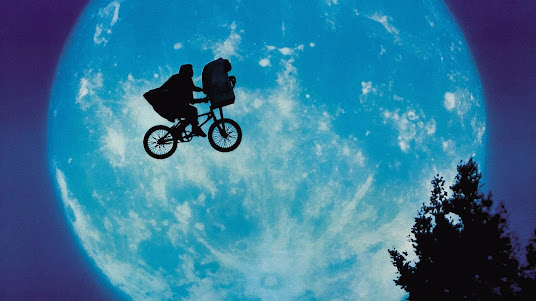The Matrix Resurrections Refuses to be Another Nostalgic Reboot
Runtime: 2hr 28 mins
Director: Lana Wachowski
Cast: Keanu Reeves, Carrie-Anne Moss, Yayha Abdul-Mateen II, Jessica Henwick, Jonathan Groff, Neil Patrick Harris
Rating: R
The Matrix: Resurrections is not content to be another retread in the 20 year nostalgia cycle that drives blockbuster remakes and continuations that currently dominate cineplexes. Neo is now back in the Matrix, believing he is video game designer Thomas Anderson. Neo, and the rest of the world, believe his story is just a video game trilogy he created. This leads to one of the best sequences of the film, where Neo ghost walks through the development of another sequel that parent company Warner Bros has forced him into. Eventually, Neo is liberated from the Matrix by a team of humans and good programs (called Sentience) who have been inspired by his story.
In a lot of ways, Resurrections feels like an elaboration on the themes and ideas of the much maligned Matrix sequels. Those movies' big twist revolved around the idea that the prophecy Neo was fulfilling was just another piece of propaganda the machines used to control humans. Resurrections has an even more frank exploration of this concept; where the machines take Neo’s personal story and corporatize it to help sell the illusion that traps humanity.
What helps Resurrections feel more accessible than the other sequels is its rock solid story that anchors everything (I personally love the direction the Wachowskis took the franchise, but Reloaded and Revolutions lack the tightly paced script and visual storytelling of the original). Specifically, the relationship between Trinity and Neo serves as the foundation for the action and ideas. Trinity is also plugged back into the Matrix, believing her former life is just a piece of fiction. Reeves and Moss display a heightened sense of chemistry, both of them believable playing people who should be happy, but are burdened with a deep sense of longing and disconnect from their reality.
The movie is stylistically different from the previous trilogy. While the original trilogy was known for its stylized action, slick camera movements, and overpowering color grading, Resurrections opts for a looser approach to cinematography and more varied use of lighting. At one point I noticed a conversation was shot on handheld, which I honestly cannot remember seeing in this franchise before (at least not in such an overt way).
Part of this can be chalked up to the absence of cinematographer Bill Pope (who helped create the stellar action scenes in Shang-chi) and Hong Kong action director Yuen Woo-ping, who helped define the feel of the first three films. However, another important factor to consider is the director. Lana Wachowski is not the same person she was when Revolutions premiered, and that is apparent in her approach to her work. So when revisiting one of her biggest cinematic accomplishments, she did what the Wachowskis always try to do, make a subversive, optimistic popcorn flick that does not care whether it's marketable or tests well.
Some minor quibbles about action and a confusing set up for the final act aside, I am incredibly happy with how this new Matrix turned out. Going in, it was easy to conjure up fears of an unneeded reboot that simply existed to congratulate the original The Matrix for existing, but instead we got to see an ambitious director return to the property she created and give some serious reflection over the franchise’s place in culture (while directing her best movie in recent memory). When Resurrections references the older movies, it feels less like a knowing wink to the audience and more like a piece of art in conversation with other movies, something that unfortunately is incredibly rare in our current blockbusters. The result is a subversive action movie about how even our need for rebellion can be co-opted by the system, while assuring us it's still possible to reclaim these narratives after they have been hijacked by the powers that be.


Comments
Post a Comment